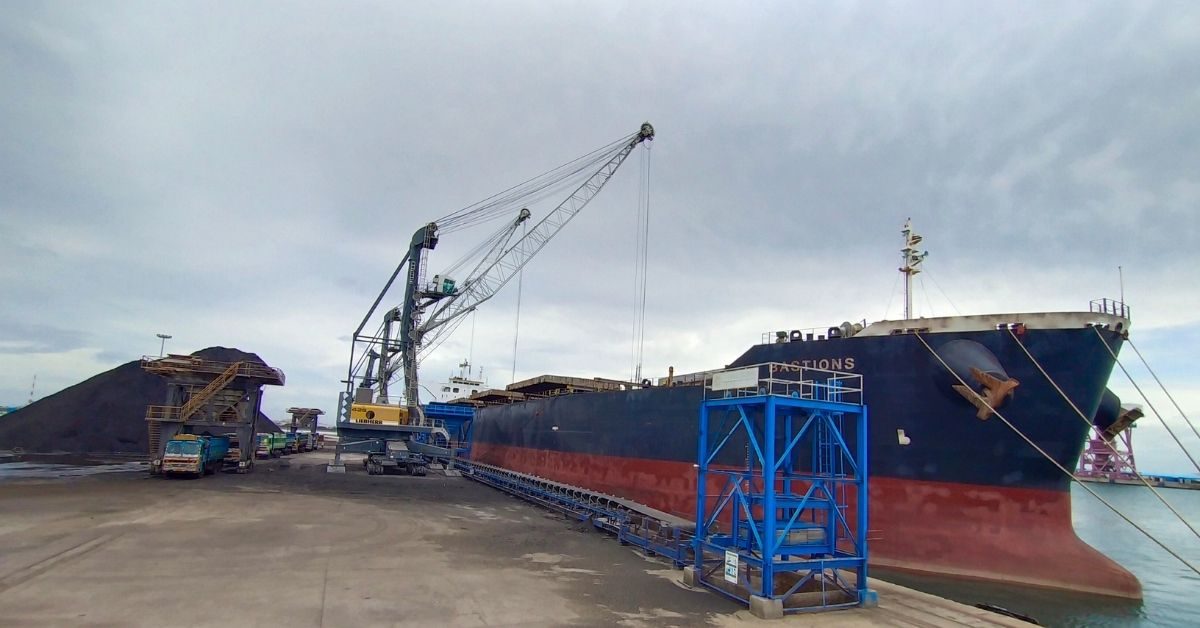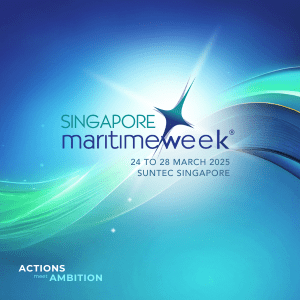Stevedores engaged in loading and unloading bulk cargo from and onto ships at Centre-run major port trusts have approached the government to block demands from private cargo terminal operators handling single commodity to become multi-commodity facilities, after market disruptions from policy changes dragged down traffic such as coal and iron ore.
The issue escalates a tussle for cargo between Stevedores, who load and unload bulk cargo onto and from ships from the non-mechanised berths, at the 12 major ports and private firms that are given cargo handling terminal contracts through the public-private-partnership (PPP) route for 30 years based on a revenue share model.
The major port trusts have set different terms and conditions for their operations.
“Our concern is that any policy shift by the government at this stage, would have a serious and detrimental impact on the lives of 50,000 Stevedores,” Ishwar Achanta, President of the Federation of Association of Stevedores, wrote in a 24 May letter to Mansukh Mandaviya, Minister of State (I/C), Ministry of Ports, Shipping and Waterways.
Policy intervention by the government for survival of single cargo handling terminals is essential to maximise the capacity utilisation of port assets and increase efficiencies which will also prevent public assets from becoming non-performing assets, the Indian Private Ports and Terminals Association (IPPTA) wrote in a May 9 letter to the Ministry of Ports, Shipping and Waterways.
Stevedores fear that IPPTA is looking to snatch their cargo.
“If, as sought by IPPTA, the government, acquiesce to their request to permit them to handle other cargoes, this can only be at the cost of Stevedores, who have also invested substantial time and money in equipment and manpower, to handle bulk and break bulk cargoes, at major ports and this would be grossly unfair,” Achanta wrote in the letter.
Stevedores buy licences from the port authorities after paying an annual fee but are not required to share revenue with the port trusts unlike PPP operators. These entities are engaged directly by the exporters and importers based on competitive quotations to load and unload cargo from non-mechanised, common user berths run by the port trusts themselves.
PPP tenders issued by the major ports has specific overriding clauses which states that the concessioning authority does not guarantee traffic or volumes and that bidders must undertake a business study and evaluate the risks involved ahead of placing bids.
The downturn due to Covid-19 or any policy shift of the government cannot be considered as “material adverse effects” or even “conditions precedent”, he said.
IPPTA’s demand to allow single commodity terminals to become multi-commodity terminals is not legally tenable, Achanta added, noting that “the answer to their issues, does not lie in permitting them to handle other cargoes but in an effective and complete overhaul of the model concession agreement” that govern their contracts.
Source : The Hindu Businessline








